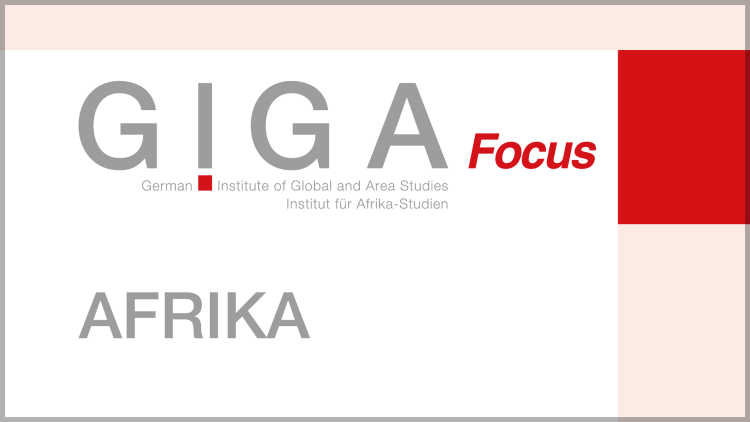- Startseite
- Publikationen
- GIGA Focus
- Provincial Autonomy: The Territorial Dimension of Peace in Mozambique
GIGA Focus International Edition English
Provincial Autonomy: The Territorial Dimension of Peace in Mozambique
Nummer 10 | 2015 | ISSN: 1862-3581
A year after the 2014 national elections Mozambican security forces began increasing the pressure on Renamo, the main opposition party and former guerrilla movement, to disarm. Following several attacks on his entourage since September, Renamo leader Afonso Dhlakama has gone into hiding. On 19 November the Mozambican president and leader of the ruling Frelimo party, Filipe Nyusi, called for “restraint” in disarming Renamo – thereby exposing an unusual degree of friction between the more radical wing and the moderates within Frelimo.
Analysis
The resurgence of violent conflict in Mozambique in 2013/14 raised new doubts about the country’s peace and democratisation process. After a strong showing at the 2014 national elections, Renamo began demanding autonomy for those provinces in which it won majorities. The governing Frelimo party has rejected these demands.
Renamo presidential candidate and former civil war combatant Afonso Dhlakama won 37 against Filipe Nyusi’s 57 per cent of the popular vote – to the surprise of many and amid allegations of fraud. Governing Frelimo have since been in negotiations with Renamo but have rejected calls for Renamo’s participation in government.
Since Filipe Nyusi took presidential office in January 2015, Renamo has repeatedly called for subnational autonomy in six provinces with significant opposition support.
Although Mozambican provinces are administered by centrally nominated governors, direct elections in 53 mostly urban municipalities allow for some degree of subnational autonomy. A donor-funded decentralisation process since the late 1990s has also contributed to both the deconcentration of power and some devolution.
Comparative research on territorial autonomy arrangements suggests that such pacts can be a tool for sustainable peace, but that territorial deals should be embedded in broader institutional reforms in order to be a viable solution to conflict.
Fußnoten
Regionalinstitute
Forschungsschwerpunkte
Wie man diesen Artikel zitiert
Bueno, Natália, Johannes Plagemann, und Julia Strasheim (2015), Provincial Autonomy: The Territorial Dimension of Peace in Mozambique, GIGA Focus International Edition English, 10, Hamburg: German Institute for Global and Area Studies (GIGA), http://nbn-resolving.de/urn:nbn:de:0168-ssoar-459298
Impressum
Der GIGA Focus ist eine Open-Access-Publikation. Sie kann kostenfrei im Internet gelesen und heruntergeladen werden unter www.giga-hamburg.de/de/publikationen/giga-focus und darf gemäß den Bedingungen der Creative-Commons-Lizenz Attribution-No Derivative Works 3.0 frei vervielfältigt, verbreitet und öffentlich zugänglich gemacht werden. Dies umfasst insbesondere: korrekte Angabe der Erstveröffentlichung als GIGA Focus, keine Bearbeitung oder Kürzung.
Das German Institute for Global and Area Studies (GIGA) – Leibniz-Institut für Globale und Regionale Studien in Hamburg gibt Focus-Reihen zu Afrika, Asien, Lateinamerika, Nahost und zu globalen Fragen heraus. Der GIGA Focus wird vom GIGA redaktionell gestaltet. Die vertretenen Auffassungen stellen die der Autorinnen und Autoren und nicht unbedingt die des Instituts dar. Die Verfassenden sind für den Inhalt ihrer Beiträge verantwortlich. Irrtümer und Auslassungen bleiben vorbehalten. Das GIGA und die Autorinnen und Autoren haften nicht für Richtigkeit und Vollständigkeit oder für Konsequenzen, die sich aus der Nutzung der bereitgestellten Informationen ergeben.





